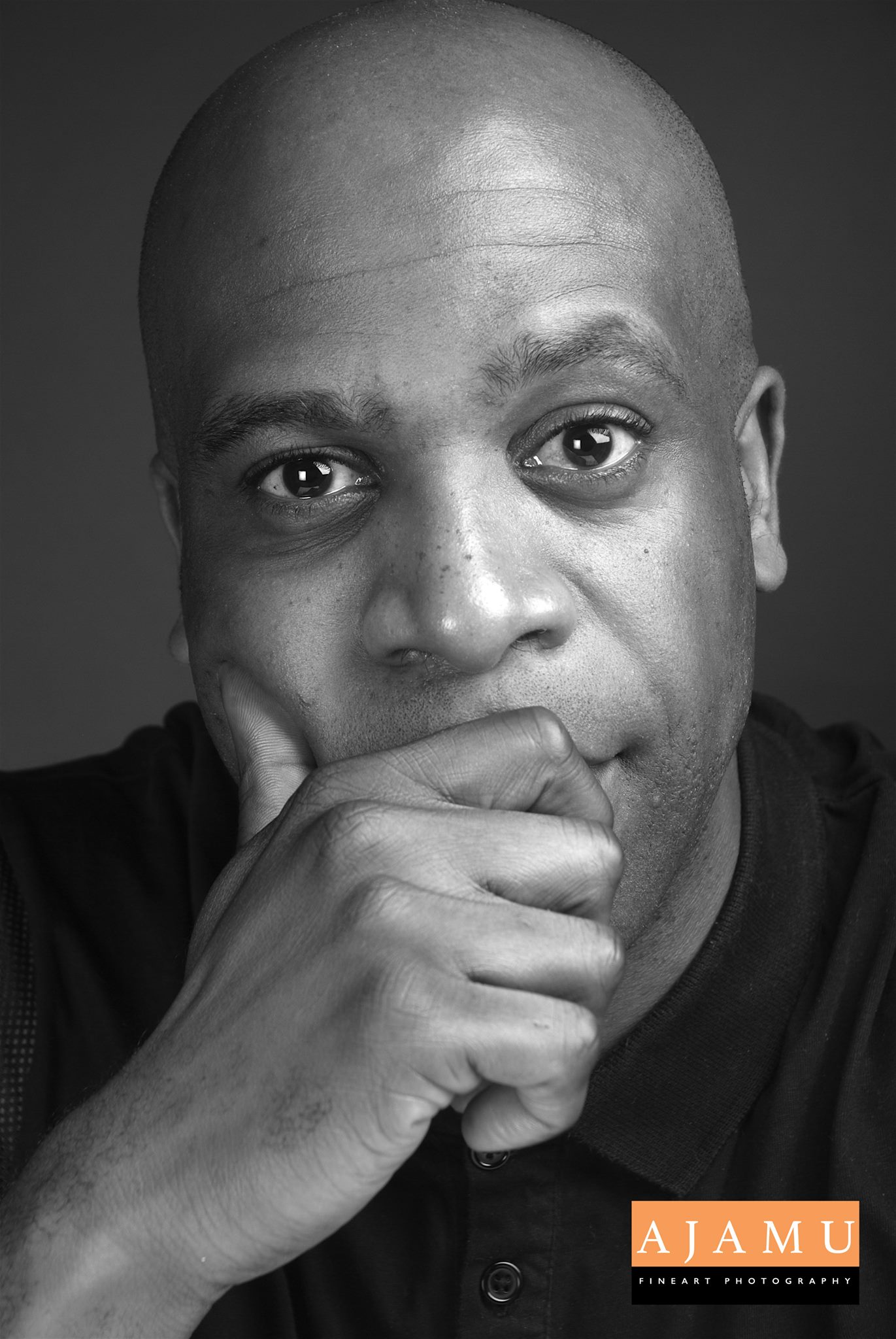I asked an Uber driver to switch off an R Kelly song this week. I’ve cancelled Robert. It will have no effect on the millions of dollars that Mr Kelly will continue to earn, and the coolest Uber driver I’ve had in a while thinks I’m a bit of a dick, and has probably given me a lower rating – he’d warmed up, warbling his way through some Luther, and was ready to launch into full on X Factor audition on ‘I Believe I can Fly’. I’ve hardly struck a blow against toxic masculinity.
I had never bought a copy of Vogue, until this edition. I’ve been following Edward Enninful’s rise (and delighting in the resurgence of Naomi Campbell), and read Alexandra Shulman’s textbook tone-deaf white response to her successor’s arrival. That one magazine purchase will make little difference to Vogue or it’s new editor’s success. That thought ran through my mind as I schlepped along my high street to the fourth newsagent in the hope that they too wouldn’t have sold out. I want to think I’m supporting a Black gay man at the peak of his game; a brother. (Having read it, if he can keep this up, I’ll be buying it again).
Perhaps these gestures are not much more than that; gestures of solidarity or protest that make no real difference. Merely signals to no one but ourselves about how virtuous we can fool ourselves we are. Perhaps, rather than gestures we could see them as training up of empathy muscles for when they might really be needed.
I’ve been thinking about solidarity and protest a lot this past week in the light of Josh Rivers’ dismissal as editor of Gay Times. The tweets were inexcusable and indefensible, and he has rightly paid the price for them by losing his job. Those he insulted have the right to say whether they recognise his apology. I’ve worked with Josh and believe him when he says he has changed. Buzzfeed called him out. Gay Times threw him out and erased his work, good or ill. I don’t feel the need to add to the retribution. What should the role of an organisation by and for Black queer men in all their diversity be in this situation? Now that Josh has been held accountable for his actions by being called out, our role should surely be to call in; to call Josh in to conversation. Being called out often means being excluded from the conversation and cast into the wilderness. Thinking strategically about change, our role cannot be to compound the exclusion of a brother. Ngoc Loan Tran (on the brilliant Black Girl Dangerous) describes calling in as
a practice of pulling folks back in who have strayed from us. It means extending to ourselves the reality that we will and do fuck up, we stray, and there will always be a chance for us to return. Calling in as a practice of loving each other enough to allow each other to make mistakes, a practice of loving ourselves enough to know that what we’re trying to do here is a radical unlearning of everything we have been configured to believe is normal.
That offer goes out to other Black queer men who want to engage too. We recognise that none of us are perfect but are too on a journey. We’re choosing to go on that journey with other Black queer men. We’ll talk, share, hang out with, and learn from each other.
I too feel the disappointment created by Josh’s dismissal due to his regrettable actions. A disappointment that is compounded by the rarity of Queer People of Colour in leadership positions in the UK’s LGBT media (and other LGBT organisations here) that creates an additional pressure on those who do make it to those lofty heights. We need Queer media that tells all of our stories rather than only those of young, wealthy, metropolitan, white men just because that is where the pink pound circulates fastest.
I admit to making gestures – of protest and solidarity. I’ve joined in the Twitter dragging; retweeted the tea and some shade – the equivalent of rolling my eyes and tutting on the inexplicably delayed, packed-yet-silent train carriage. Sorry/not sorry, because calling out and making gestures are tools in the social justice armoury. They are less important tools though than real acts of solidarity and protest. Those acts are likely to be with the people we are closest to, are more likely to take a greater investment of time and energy, but are also most likely to lead to real change. After all, once the gesturing is over, it’s people who change people.
Have you got your copy of Vogue yet?
Check out Mia McKenzie edited The Solidarity Struggle: How People of Color Succeed and Fail At Showing Up For Each Other In the Fight For Freedom



Leave a Reply